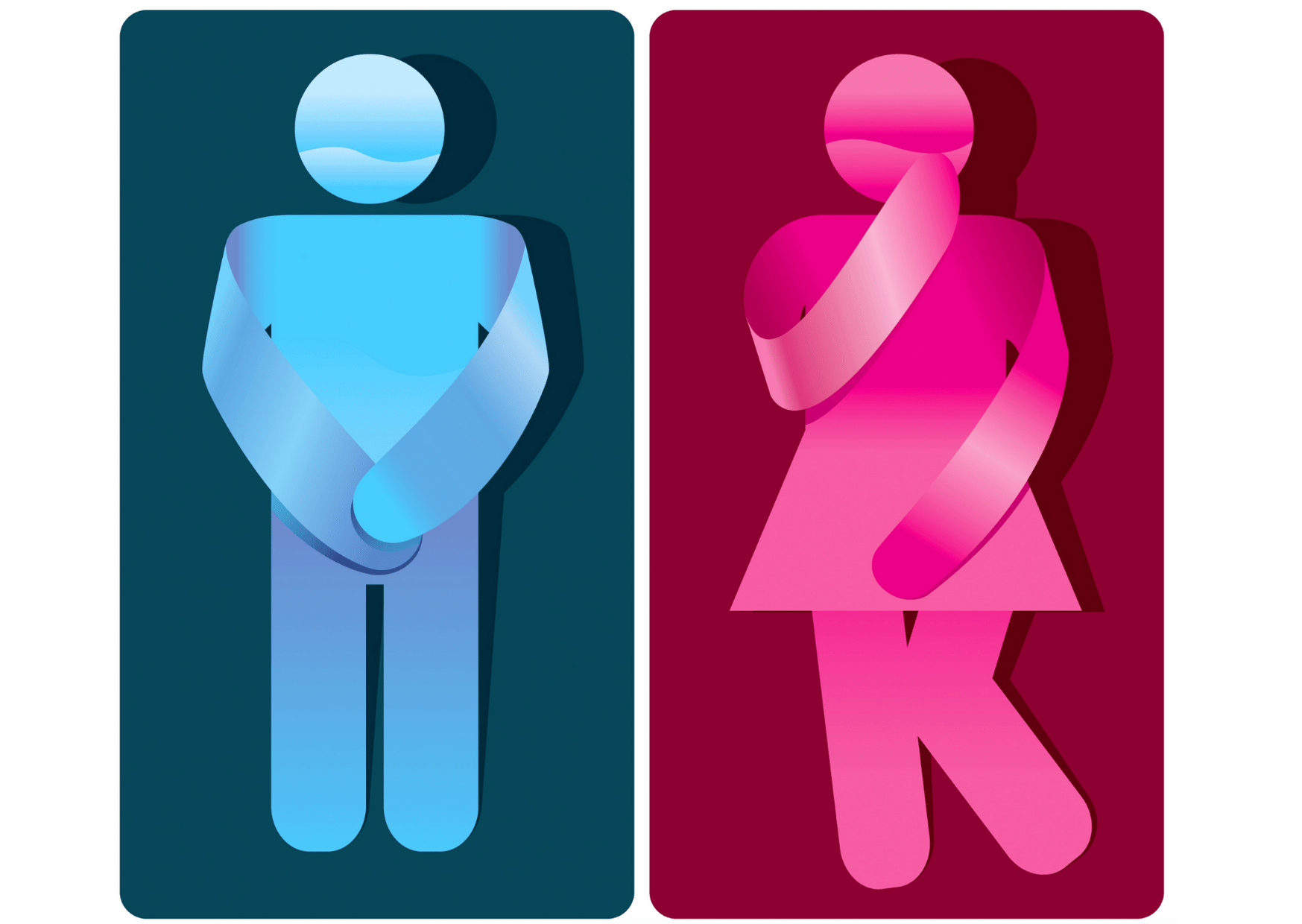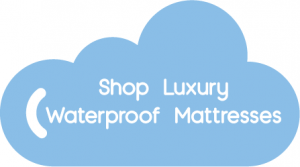

What are different types of urinary incontinence? – How to Solve them
Did you know that urinary incontinence affects more than 25 million people in the United States? You are not alone, urinary incontinence can happen at any age but is more common as people get older.
Navigating urinary incontinence can be difficult, there are varying types of incontinence ranging from light wetness to heavy soaking. By understanding the different types of incontinence you can understand your symptoms! Here are the 5 types of urinary incontinence.
1. Stress Incontinence
Stress incontinence occurs when urine leaks from the bladder during physical activities like coughing, sneezing, exercising, or heavy lifting.
This type of incontinence is most common among females, especially women who have given birth. The pelvic muscles become weak and the bladder is less able to hold urine. The word “stress” has nothing to do with emotion, but refers to physical strain associated with leakage.
Stress incontinence is not related to psychological stress, but actually strenuous activity which can increase pressure in the abdomen, causing small amounts of urine to leak from the bladder. Stress incontinence is something that is a very common bladder problem for women and happens less often in men.
2. Urge Incontinence
Urge incontinence occurs when the bladder suddenly contracts and causes leakage of urine. With urge incontinence, there is an immediate need to urinate but not enough time to get to the toilet.
Sometimes this type of incontinence occurs frequently throughout the day and night. Urge incontinence may be due to nerve damage but it is also associated with prostate problems, diabetes and overactive bladder.
Some people attempt to manage their urge incontinence by urinating frequently but will continual need to use a bathroom. This condition can interfere with work and a social life because you are constantly running to the bathroom.
3. Mixed Incontinence
Many people have symptoms of both stress incontinence and urge incontinence called mixed incontinence. Mixed incontinence commonly affects women but it is also associated with constipation, obesity, and diabetes.
You may experience mixed incontinence with symptoms of leakage when you sneeze, laugh or lift something heavy. Other symptoms include the sudden urge to urinate, while you sleep or after drinking water.
4. Overflow Incontinence
Overflow incontinence is a condition in which you are unable to completely empty your bladder which causes the bladder to become too full and urine leaks out.
Most of the urine remains in the bladder and just a small amount of urine is lost, this usually happens when the bladder cannot empty completely due to nerve damage or prostate problems.
This type of urinary incontinence is most common in older adults. People with this condition often have the urge to go to the bathroom throughout the day and/ or night. Bladder infections can be a common symptom of overflow incontinence and should be taken seriously.
5. Functional Incontinence
Functional incontinence is not due to problems with the bladder or urinary system, but occurs when people with physical disabilities cannot get to the toilet or remove their clothing in time.
This type of incontinence most often occurs in people with medical problems conditions such as arthritis, cerebral palsy and problems with memory or learning. Dementia and intellectual disabilities are common with functional incontinence as they might become unaware of their need to urinate.
Frequent scheduled toileting can help reduce functional incontinence episodes by preventing the bladder from becoming overfull.
Final Thoughts
We understand urinary incontinence is a common yet often embarrassing problem to discuss. If you experience any symptoms of incontinence outlined in this article, we encourage you to talk to your doctor.
At SaniSnooze, we offer the best waterproof incontinence mattress options for every age group and incontinence issue. Our SaniSnooze customer support team is here to help guide you through your incontinence solutions. Please call (844) 510-0100 if you have any questions or concerns.
Related:
Choosing an Incontinence Mattress
Our mission at SaniSnooze™ is to get you back to sleep faster. SaniSnooze™ will keep your mattress core clean and dry all night long.


